The Biggest Future Trends Shaping the Wine Industry
The wine industry is constantly evolving, with new trends emerging as consumer preferences, environmental factors, and technological advancements shape the way we produce and consume wine. In this article, we will explore some of the biggest future trends that are expected to have a significant impact on the wine industry, from sustainability and alternative packaging to the role of technology and the evolving tastes of consumers.
A Greater Focus on Sustainability
Climate change and the increasing awareness of environmental issues have prompted the wine industry to place a greater emphasis on sustainability. Wineries are adopting more eco-friendly practices in both viticulture and winemaking, such as organic and biodynamic farming, reduced water usage, and renewable energy sources. Additionally, there is a growing demand for sustainable and eco-friendly packaging, with alternatives to traditional glass bottles, such as canned wine, bag-in-box packaging, and lightweight glass, gaining popularity.
The Rise of Alternative Wine Styles
As consumers become more adventurous and open to new experiences, the wine industry is responding with a surge of alternative wine styles. Some of these emerging trends include:
- Natural Wines: These wines are produced with minimal intervention, using organic or biodynamic grapes and minimal additives, resulting in a more authentic expression of the terroir.
- Orange Wines: Produced by fermenting white grapes with their skins, orange wines offer a unique flavor profile that is gaining traction among wine enthusiasts.
- Pét-Nat Wines: Short for “pétillant naturel,” these lightly sparkling wines are made using the ancestral method, resulting in a more rustic and less refined style compared to traditional sparkling wines.
The Integration of Technology
Technology is playing an increasingly important role in the wine industry, from precision viticulture and data-driven winemaking to digital marketing and e-commerce. The adoption of advanced technologies, such as drones, robots, artificial intelligence, and blockchain, is transforming various aspects of the industry, leading to increased efficiency, enhanced consumer experiences, and more sustainable practices.
Health-Conscious Consumers and Low-Alcohol Wines
As health and wellness trends continue to gain momentum, there is a growing demand for low-alcohol and alcohol-free wine options. Winemakers are rising to the challenge by creating high-quality, low-alcohol wines that still deliver on flavor and complexity. This trend is expected to expand in the coming years, with more producers embracing this new market segment and catering to health-conscious consumers.
Evolving Wine Tourism
Wine tourism is set to evolve as wineries adapt to changing consumer preferences and expectations. Experiences such as virtual wine tastings, immersive vineyard tours using augmented and virtual reality, and personalized tasting experiences tailored to individual preferences are becoming increasingly popular. As the travel industry recovers from the impacts of the COVID-19 pandemic, wine tourism will likely see a resurgence, with wineries offering more diverse and engaging experiences to attract visitors.
The wine industry is poised for significant change as these future trends gain momentum. Embracing sustainability, adopting new technologies, and catering to evolving consumer tastes and preferences will be crucial for wineries to remain competitive and thrive in the ever-changing global wine market. As the industry continues to innovate and adapt, we can look forward to a future of wine that is more sustainable, diverse, and exciting than ever before.
Wine Sections
Some of my most memorable wines
2021 Pouilly-Fuissé by Olivier Merlin, Burgundy

£359.40 – 12 bottles
2021 Provence Rosé by Château la Mascaronne

£75.42 – 6 bottles
1995 Château Latour, Pauillac, Bordeaux

£6,100.00 – 1 case
2017 Chateau Lafite Rothschild Premier Cru Classe

£3,310 – 3 bottles
2003 Hobbs of Barossa Ranges, Gregor Shiraz, Barossa Valley



